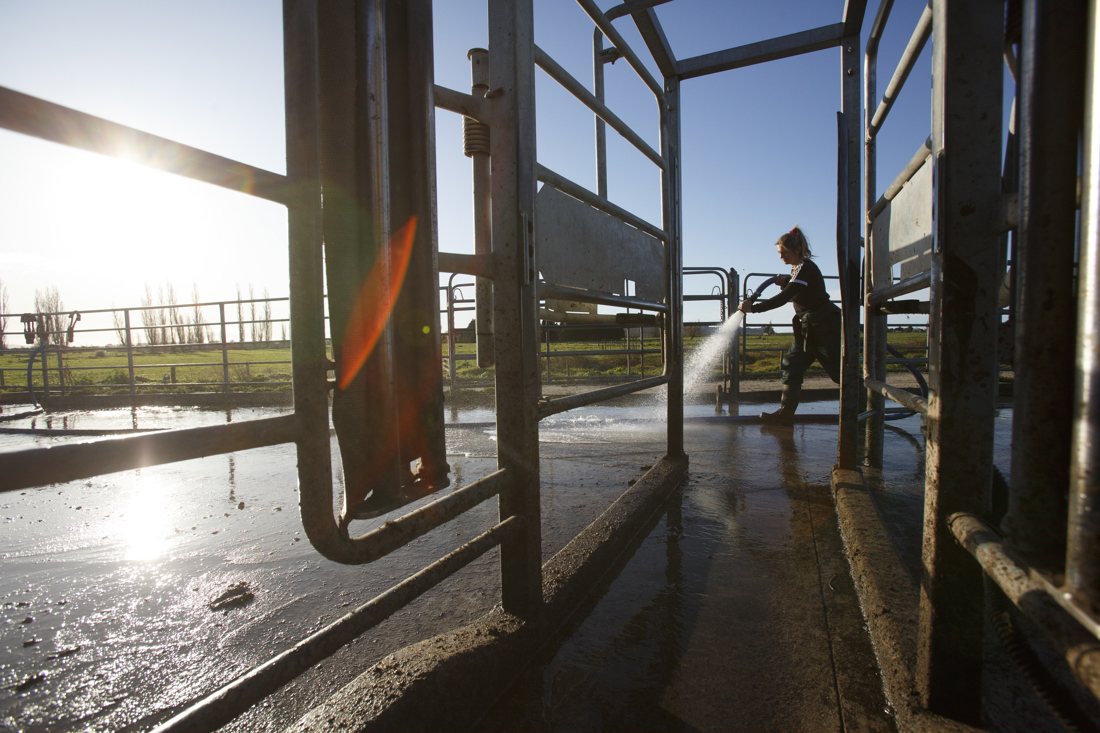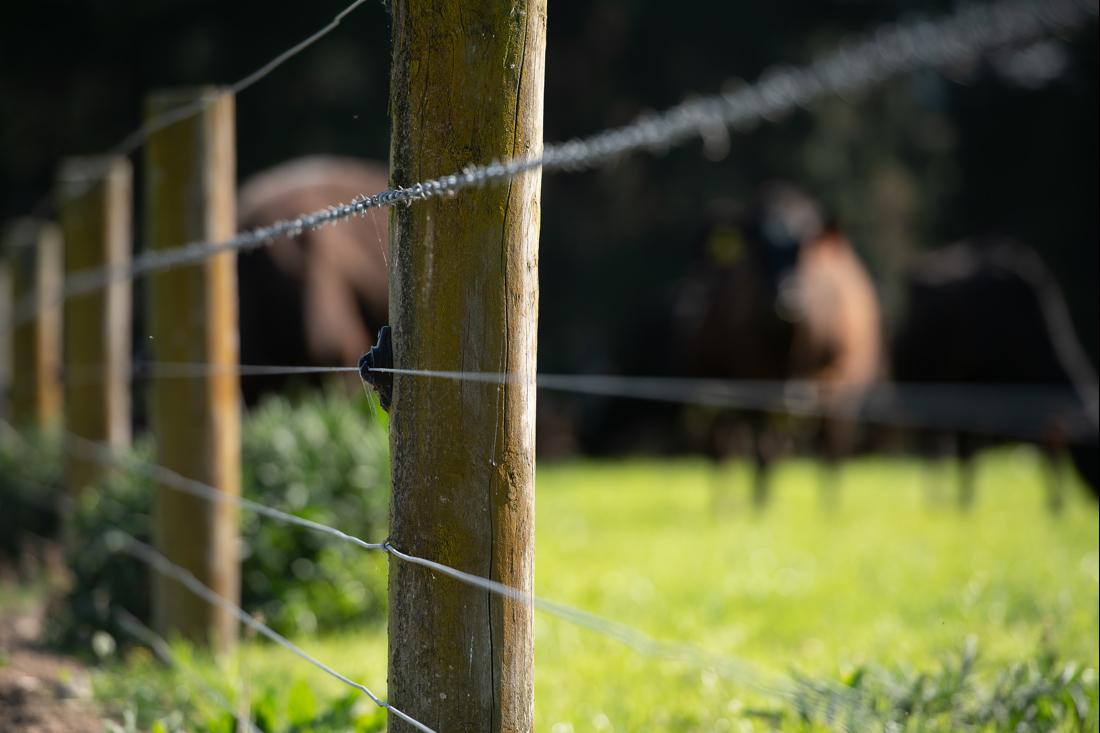Animal feed can affect animal health, milk quality and food safety, and the source of dairy products can be important to buyers and consumers. That’s why it’s important when buying and selling feed, it can be traced to its origin.
Why we must trace the source of feed
The traceability of all feed including raw milk, is critical in managing biosecurity, quality, and our dairy market access.
All movements of feed for animals, including milk and colostrum entering the farm that were not grown/produced under the control of the farm owner/operator, or sold or bought off-farm in New Zealand must be traceable:
- Forage crops - grass and maize silage, hay, lucerne
- New Zealand - grown plant crops e.g. wheat, kiwifruit, apples
- Compound feeds - meal, blends
- Imported feeds - PKE, corn, tapioca
- Processed foods - bread, confectionary, biscuits, whey
- Raw milk and colostrum
The Animal Products Act 1999 requires that all supplied feed is declared suitable for feeding to lactating dairy animals. Your animal feed supplier is obligated to provide product information at the time of delivery for every consignment.
Supporting this legislation, the NZCP1: Code of Practice for the Design and Operation of Farm Dairies requires a declaration for all feed brought on to the farm that will be fed to dairy animals producing milk for supply to a dairy processor.
The dairy processors have developed a feed declaration template and guidance to meet the above requirements and customer expectations.
Feed declaration forms
When selling feed or purchasing, a completed Feed Declaration Form covers the minimum requirements for the transfer of feeds for dairy animals producing milk for supply to a dairy processor and ensures traceability for disease management.
All farmers are required to complete a domestic feed declaration form if they are selling locally grown crops into the dairy industry.
Feed transporters must provide declaration forms for every consignment at the time of delivery.
The NZCP1: Code of Practice for the Design and Operation of Farm Dairies requires purchasers to retain these documents for four years and store feed in a manner that avoids degradation or contamination.
The dairy processor feed declaration guidance has three types of forms to cover:
- Dairy feed declaration – New Zealand-grown feeds
- Dairy Deed Declaration – Imported compound and processed feeds
Download Dairy Feeds Assessment forms and traceability guidance here.




